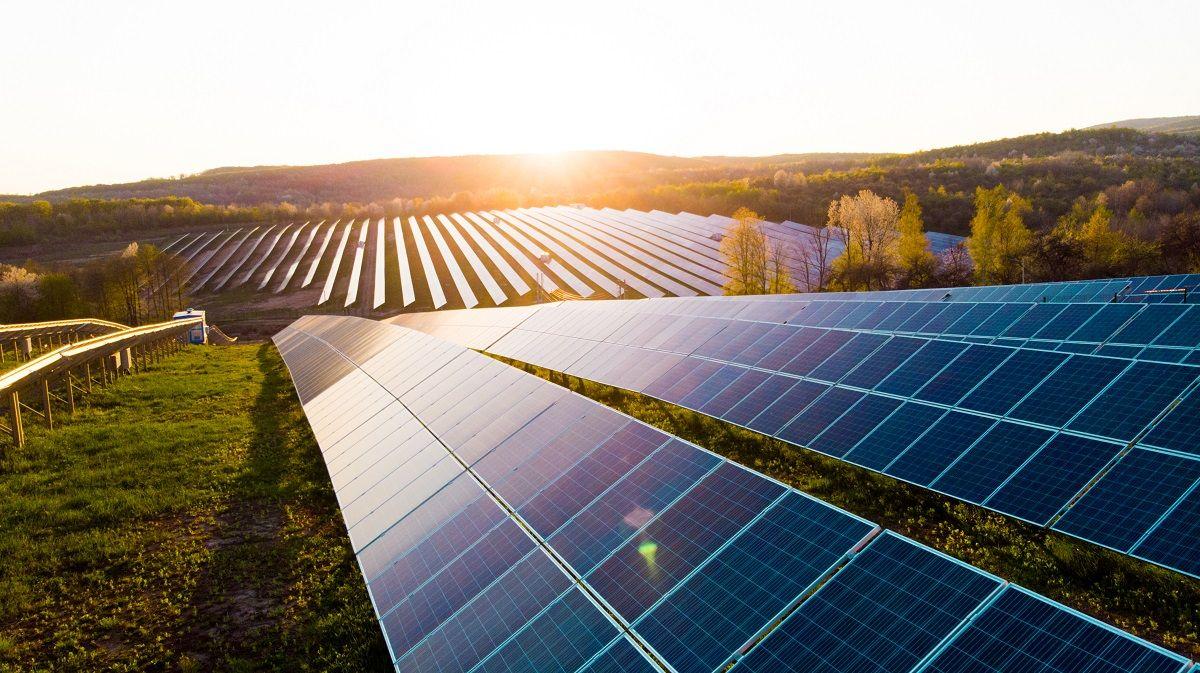
Longfield Solar Farm: the UK’s largest consented solar project
Learn how this new large-scale solar energy and battery storage farm in Essex will help meet UK demand for low-carbon energy and boost biodiversity.
As one of the world’s fastest-growing renewable energy technologies, solar has a pivotal role in helping the UK reach net zero. The UK government has therefore set a target to increase solar capacity by nearly fivefold by 2035 to 70 gigawatts (GW), which is part of wider plans to “power up Britain with cleaner, cheaper and more secure energy sources”.
One initiative leading this shift is Longfield Solar Farm. The project, which is being led by EDF Renewables (EDF-R), is not only set to be the UK’s largest solar farm but also one of the largest in Europe.
Situated in Chelmsford, Essex and covering 459 hectares, Longfield Solar Farm will generate up to 500 megawatts (MW) of renewable energy, sufficient to power approximately 96,000 homes.
During its full 40-year lifespan the farm will generate 13 million megawatt hours (MWh) of clean energy – significantly reducing greenhouse gas emissions by 4.4 million tonnes compared to traditional gas-fired power stations.
An onsite battery energy storage system (BESS) will also ensure that when too much energy is being generated, it can be imported off the grid and released when there is demand, thus helping to maintain grid balance and resilience.
Our role on the project was to deliver the environmental impact assessment (EIA) and technical environmental assessments for the solar farm and provide planning support – all of which contributed to the successful granting of the development consent order (DCO) in June 2023.
Integrating expertise across multiple disciplines
Given the scale and significance of this project, meticulous planning and design were critical to minimise impacts on communities and the environment.
Our EIA and planning team has worked on over 70 nationally significant infrastructure projects (NSIPs) and has strong existing solar and battery experience that includes working on solar NSIPs ahead of Longfield Solar Farm.
Bringing together more than 200 professionals, we assessed a broad range of factors spanning climate change, cultural heritage, ecology, biodiversity net gain, water quality, flood risk, drainage, landscape and visual, noise, socioeconomics, transport and access, air quality and human health.
Early input from environmental teams was crucial as this fed into the concept layout, especially regarding the location of the BESS compound, to minimise views and ensure it blends with the surrounding landscape.
Promoting biodiversity and kickstarting an environmental research programme
Longfield Solar Farm not only contributes to the UK’s energy transition but also serves as an example of how solar farms can deliver significant Biodiversity Net Gain (BNG). This means ensuring nature is in a better state than before development.
Research has already shown the positive effects of solar farms, with a recent study finding that solar farms can become ‘safe havens for biodiversity’ and play an ‘important role’ in nature restoration.
Our involvement helped the developer achieve a minimum of 87 per cent BNG for habitat units and 22 per cent BNG for hedgerow units, surpassing stakeholder expectations.
We accomplished this by incorporating the planting of 200 trees, over 23 hectares of land for natural regeneration and over 400 hectares of species-rich grassland, as well as 8.6 kilometres of new native hedgerows into the concept design. We also located routes for ecological corridors which will improve connectivity between villages.
In recognition of this work, Longfield Solar Farm has received recommendation from Natural England, was commended by the Planning Inspectorate and Council for its quality and was a runner-up in the National Infrastructure Planning Association (NIPA) award, which is designed to identify and showcase best practice in the planning, design, development and delivery of NSIPs.
Additionally, the project has incorporated special areas within the site for environmental research to examine the positive impacts of large-scale solar farms on biodiversity, which EDF-R is currently exploring with research institutions.
Longfield Solar Farm: an exemplar for future solar schemes
With the ability to generate and store renewable energy for export to the national grid, Longfield Solar Farm will make an important contribution to the UK’s future energy mix, and create a more secure, flexible and affordable energy supply.
Plus, by facilitating new environmental research EDF-R will further the industry’s understanding of how renewable energy projects can work in harmony with nature – paving the way for others to follow.